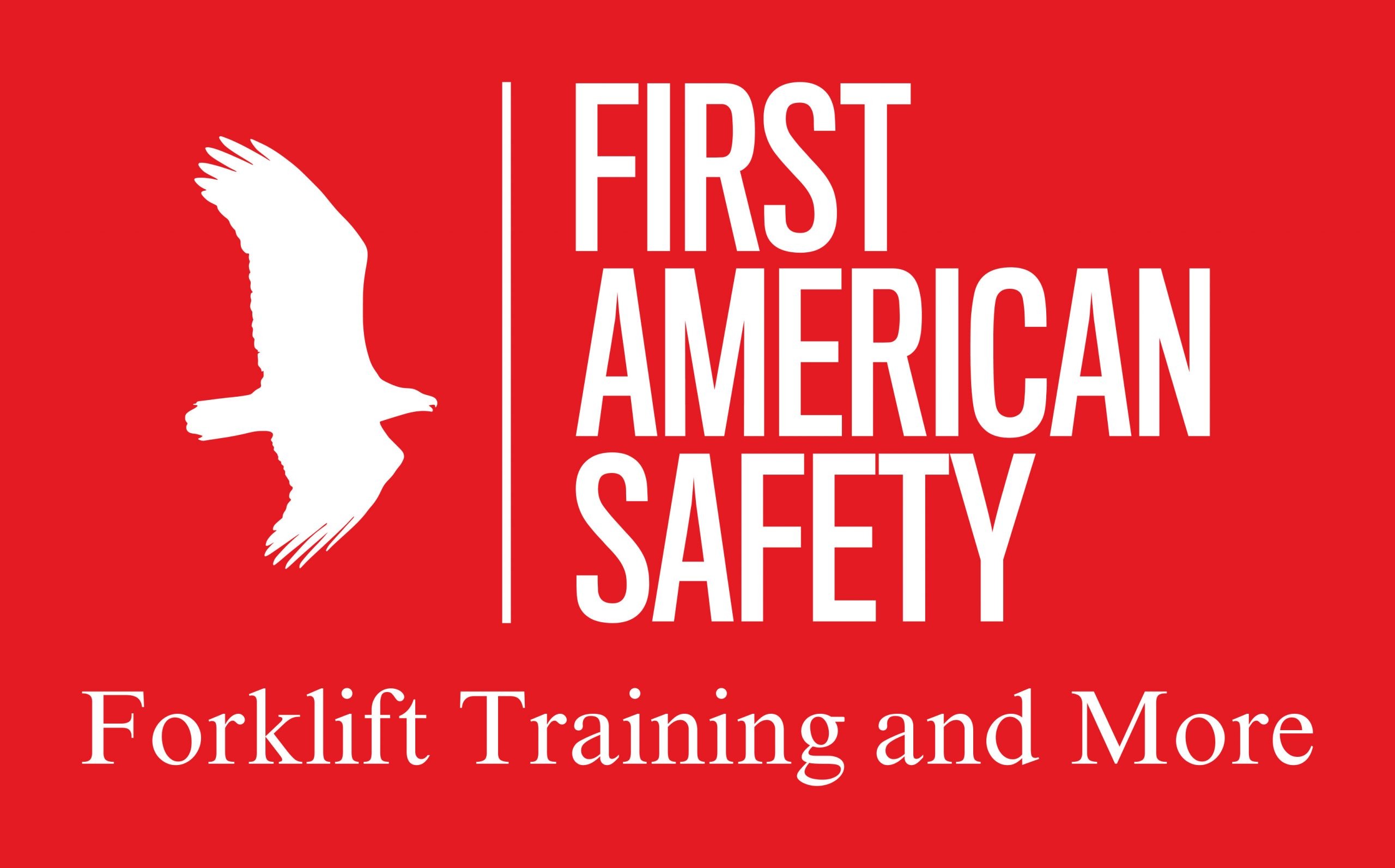Need some free safety meeting topics?
Listening for Safety
Listening for Safety Tailgate Meeting Topic
Construction sites are always filled with different sounds and noises. Every sound you hear is caused by other workers, mobile equipment, or vehicles on the site. The sounds you hear at work are vital clues for safety. Normal sounds will often become white noise to experienced workers. However, your brain will instantly recognize sounds that are out of the ordinary. Listening for safety is critical to avoiding hazards at work.
Some examples of how listening for safety can protect you include:
- A tool or piece of equipment may signal it is breaking down by a change in the normal operating sound.
- A worker looking around when hearing a back-up alarm or engine sound nearby.
- When you hear a sudden change in the background noise, you stop and check your surroundings.
- A hammer makes a “thud” sound instead of a “ding” sound, indicating damage to the hammer or the striking surface.
Every worker should condition themselves to be alert and check their surroundings when they hear advance warning sounds like these. Your safety depends on your ability to detect approaching danger. Hearing protection can make this more difficult, so you must learn to adapt to it.
Things that can reduce your listening safety:
Be aware of these things that can reduce your ability to hear hazards:
- Focusing too much on your task
- Lack of sleep
- Hearing protection
- Distractions like listening to music
- Use of alcohol or drugs
- Other workers talking to you
Ways to Improve Your Ability to Hear Hazards:
- Learn the normal sounds of tools and equipment you work with. This comes with experience.
- Listen closely to instructions from your supervisor. Ask questions if instructions are unclear or confusing.
- Make sure you use the correct hearing protection for your job.
- Train yourself. Every time you hear a back-up alarm, engine noise, or a tool, develop a habit of looking for the sound source.
- Avoid distractions, get plenty of sleep, and avoid alcohol the nights before work.
Although it may be easier to see danger than it is to hear it, your ears are able to perceive warning signals from all around you. Your eyes are only good in the direction you are looking. Fine tune your ears and you can fine tune your exposure to danger and injury.
